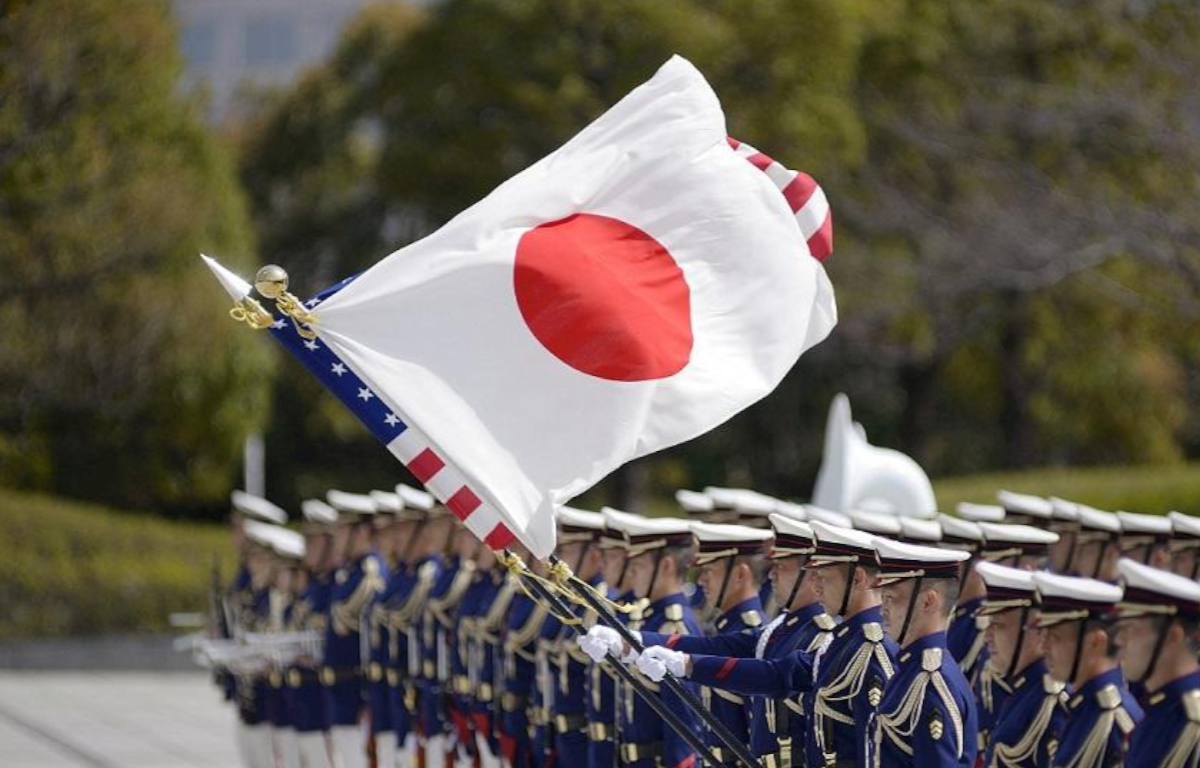
These exercises, part of longstanding alliances and security commitments, are viewed by the US as routine and essential for regional stability and deterrence, rather than targeting any specific country.
The US, in collaboration with its allies such as Japan, South Korea, Australia, and others, regularly conducts military drills and exercises in the Indo-Pacific region. These activities are designed to enhance interoperability, strengthen defense capabilities, and promote a rules-based international order that ensures freedom of navigation and overflight in maritime domains.
China’s responses to these joint exercises have varied, with occasional criticisms and accusations of provocative behavior. However, the US has reiterated that these drills are transparent, defensive in nature, and aimed at maintaining peace and security in the region.
One of the key objectives of these joint military exercises is to demonstrate a collective commitment to regional security and deterrence against potential threats. They also serve as a means of enhancing crisis response capabilities, fostering military-to-military cooperation, and reassuring allies and partners of the US’s steadfast commitment to their defense.
The US has consistently emphasized the importance of dialogue and communication to prevent misunderstandings and misperceptions regarding its military activities in the region. Transparent communication channels, such as military hotlines and diplomatic engagements, are crucial in promoting transparency, reducing tensions, and managing potential crises effectively.
While recognizing China’s legitimate security concerns, the US has underscored the need for all parties to abide by international norms and agreements, including the United Nations Convention on the Law of the Sea (UNCLOS). Respect for freedom of navigation and overflight, adherence to established maritime rules, and peaceful resolution of disputes through diplomatic means are fundamental principles that contribute to regional stability.
The US has also highlighted the broader strategic context of its military activities in the Indo-Pacific, which encompass a range of security challenges, including maritime security, cybersecurity, counterterrorism, and humanitarian assistance and disaster relief (HADR) operations. These multifaceted efforts aim to promote peace, stability, and prosperity in the region while addressing common security threats.










Share this: